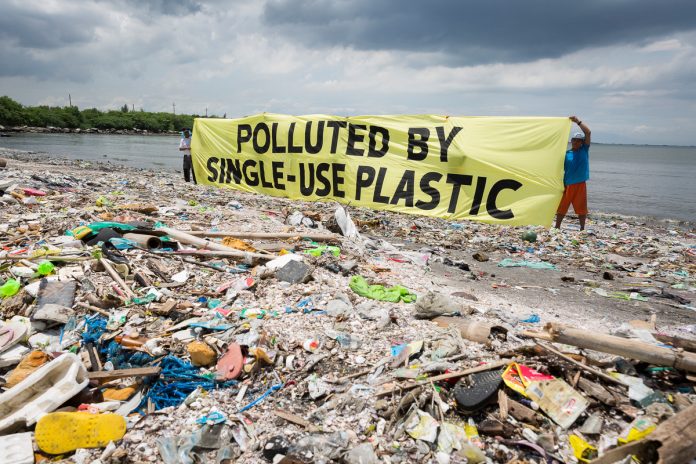Environmental and health advocates raised fresh concerns over the human health impacts of plastic pollution during an online forum organized ahead of World Environment Day.
The event, titled TOXIC TRUTHS: The Unfiltered Impacts of Plastic on Human Health, was convened by Greenpeace Philippines, Health Care Without Harm Southeast Asia, and Planetary Health Philippines.
It brought together experts and campaigners to highlight the dangers plastics pose not only to the environment but also to human health.
Speakers warned that exposure to plastic—through direct use or environmental contamination—is becoming increasingly widespread.
From sachets and plastic bottles to air pollution and toxic emissions during production and disposal, plastics are exposing people to hazardous chemicals and microplastics.
“Plastic is not just a waste problem. It’s also a health crisis hiding in plain sight,” said Marian Ledesma, Zero Waste Campaigner at Greenpeace Philippines.
She noted that plastic is now being found in the air people breathe and the food they eat, making its way into the human body with serious health implications.
Dr. Renzo Guinto, convener of Planetary Health Philippines, said the world has already exceeded its environmental limits for plastic, with large volumes now polluting oceans and rivers.
He warned that the human threshold has also been crossed, citing evidence that microplastics are now present in the bloodstream and in vital organs, including the brain, heart, and placenta.
Adding to the concern is a recent study by New York University Langone Health, which found that phthalates—chemicals commonly used in plastic food packaging—contributed to over 350,000 global deaths from heart disease in 2018.
The forum also examined the health sector’s dependence on single-use plastics. Dr. Michelle Reyes, Sustainability Officer at Health Care Without Harm Southeast Asia, said healthcare systems have increasingly relied on disposable plastic items for decades.
However, she argued that this reliance often overlooks growing evidence that single-use plastics do not necessarily improve hygiene and may carry their own health risks.
In the Philippines, over 164 million sachets are used daily. Many of these products contain hazardous chemicals, reinforcing the need for stronger regulations.
Advocates called for clear plastic reduction targets, improved enforcement of the Extended Producer Responsibility law, and investments in reuse and refill systems.
As the Global Plastics Treaty negotiations resume in August, the groups urged Philippine delegates to advocate ambitious reduction measures and reject blanket exemptions for the health sector.
Reyes cautioned that such exemptions would hinder innovation and delay the transition to safer, more sustainable alternatives.









